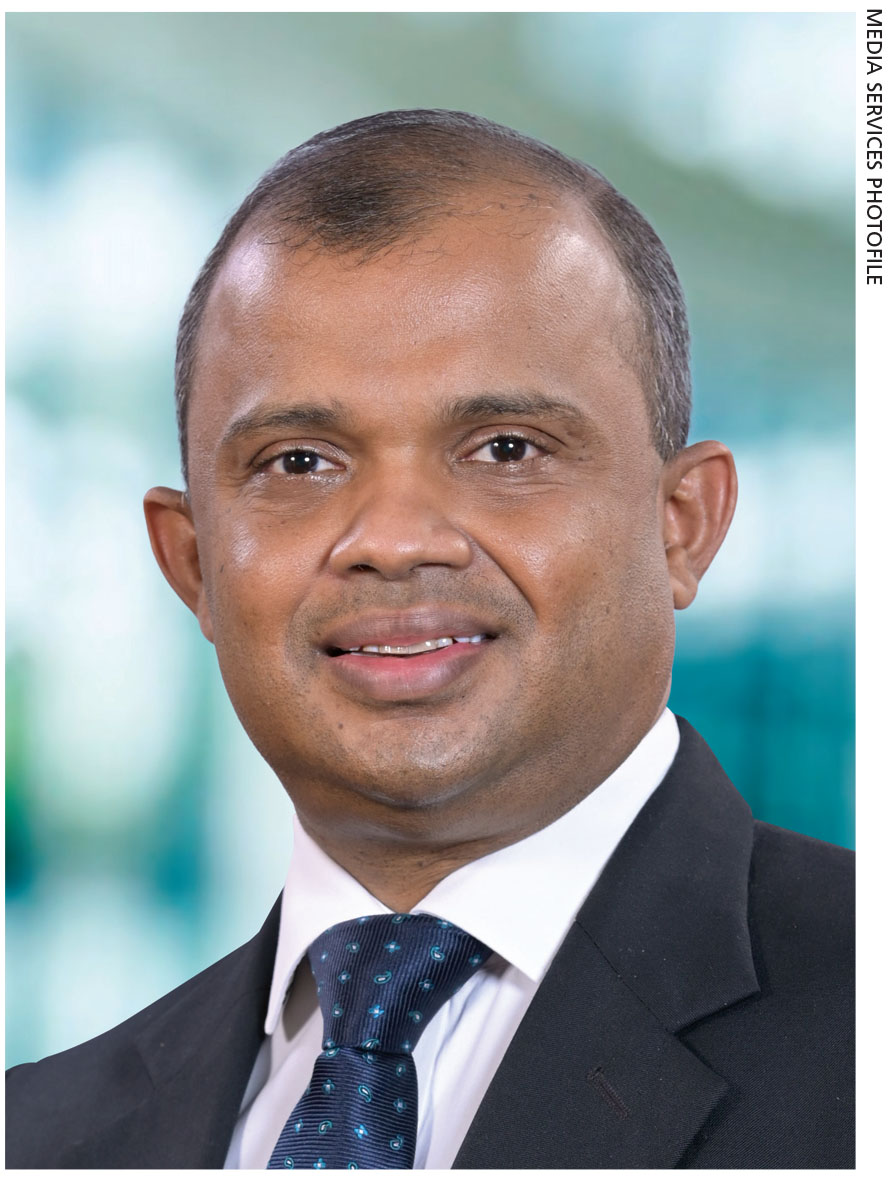ACCOUNTANCY PROFESSION
Compiled by Isanka Perera
THE CO-PILOTS OF BUSINESS
Sanjaya Bandara weighs the role of accountancy professionals as advisers
Q: How has the accountancy landscape changed over the years?
A: Traditionally, stakeholders of corporates expected accountants to record transactions, prepare financial statements and present them. Over the years however, this expectation has changed significantly; today, they want accountants and finance professionals to play analytical and business support roles, and add value to corporates.
This new role requires accountants to be involved in strategic planning, risk management, process improvements and so on. The complexity of what is presented as financial statements and the accounting standards used in generating such information has also increased significantly.
The use of computer software, ERP systems, data analytics and AI in financial reporting has grown too. And finance professionals are heavily dependent on technology to help them add more value to their work.
Overall, the role of a chief financial officer (CFO) has changed. CFOs are involved in operations to support businesses and financial reporting represents a small part of their job.
Q: Could you explain why accounting standards are critical for ensuring economic efficiency and coherency of the profession?
A: A reliable and efficient accounting system plays a vital role in the economics of a country. This has never been truer than it is today. Markets are becoming more global, and enabling business, investment, knowledge and transactions to take place across many borders.
Accounting standards are founded on several basic premises – the most fundamental being to ensure consistency and uniformity in financial reporting. This influences stakeholders’ perceptions by allowing economic transactions of a similar nature to be treated and reflected in the same manner across sectors and industries.
It enables investors to compare financial statements of entities in a particular industry or sector and make informed investment decisions.
Therefore, sound and comparable corporate finance reporting that meets the requirements of financial markets improves investor confidence, facilitates risk assessment in making investment decisions and helps reduce the cost of capital.
Q: What is your opinion on the availability of talent in the local market?
A: There is no dearth of talent and skills in Sri Lanka’s accountancy landscape. CA Sri Lanka has produced over 9,000 fully qualified accountancy professionals, of whom around 40 percent are working overseas while the rest are employed in this country.
In addition, there are over 30,000 mid-level accountants, of whom over 20 percent are working overseas. Moreover, there are around 30,000 accountancy students currently equipping themselves to steer the future of the profession.
Q: Have accountants in Sri Lanka gone beyond number crunching and become true partners in business?
A: Yes. For instance, the chief financial officer’s role has evolved over the years from simply crunching numbers to adding value to the organisation.
This was particularly evident over the past few years as CFOs went beyond their traditional roles and helped CEOs to navigate the COVID-19 crisis, and the subsequent economic crunch time of an unprecedented magnitude.
Q: What is your view on the emerging technology that’s being used in the day-to-day running of businesses, which enables complex and repetitive tasks to be automated?
A: This is mainly about robotic process automation (RPA). Repetitive tasks can be easily automated through an automation bot such as UiPath. It helps the deployment of human resources and intellectual capital in more productive work that requires a certain level of thinking rather than manual work.
Further, it improves efficiency as RPA functions can be completed in a fraction of the time spent on doing so manually. There are no time limitations as you can even automate RPA to run such functions at night. That’s why some say that the financial services industry is at risk due to automation.
While certain activities such as recording, processing and reporting can be replaced by partial automation, work relating to value creation and enabling by finance professionals cannot be replaced by automation yet.
Q: How do you see the development of the accountancy profession in the future?
A: Towards the end of the 20th century, routine accounting work such as recording transactions and preparing financial statements was taken over by software and other applications.
Therefore, in addition to having a broad range of accounting knowledge, a strong ability to apply financial and managerial accounting principles, a good understanding of government regulations and the capacity to interpret tax laws, accountants should also be able to merge accountancy with information systems.
A finance professional who is the copilot of a business is vital for its success. This person will need to be a strategic thinker who can add value to the business by formulating an infallible financial plan and implementing it tactically.
Since these accountants will be in high demand, there’ll be greater career stability with many opportunities opening up for such professionals.




